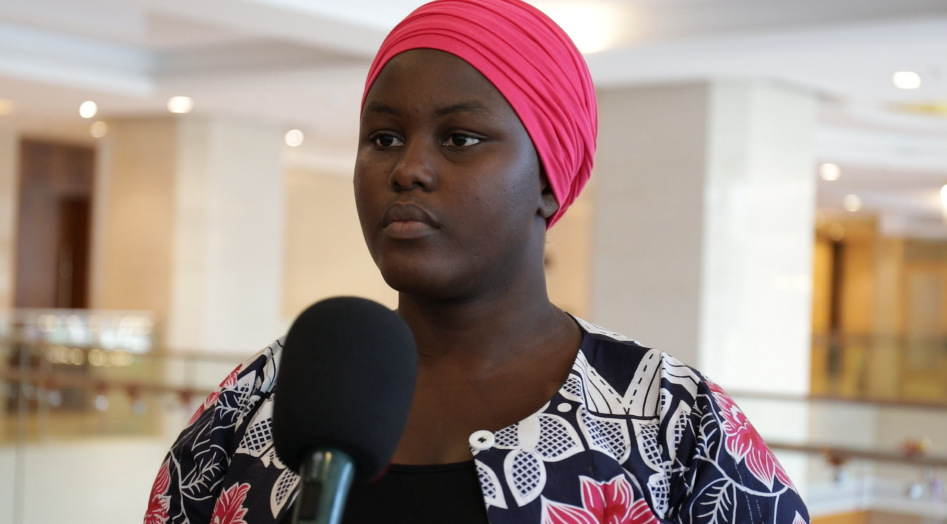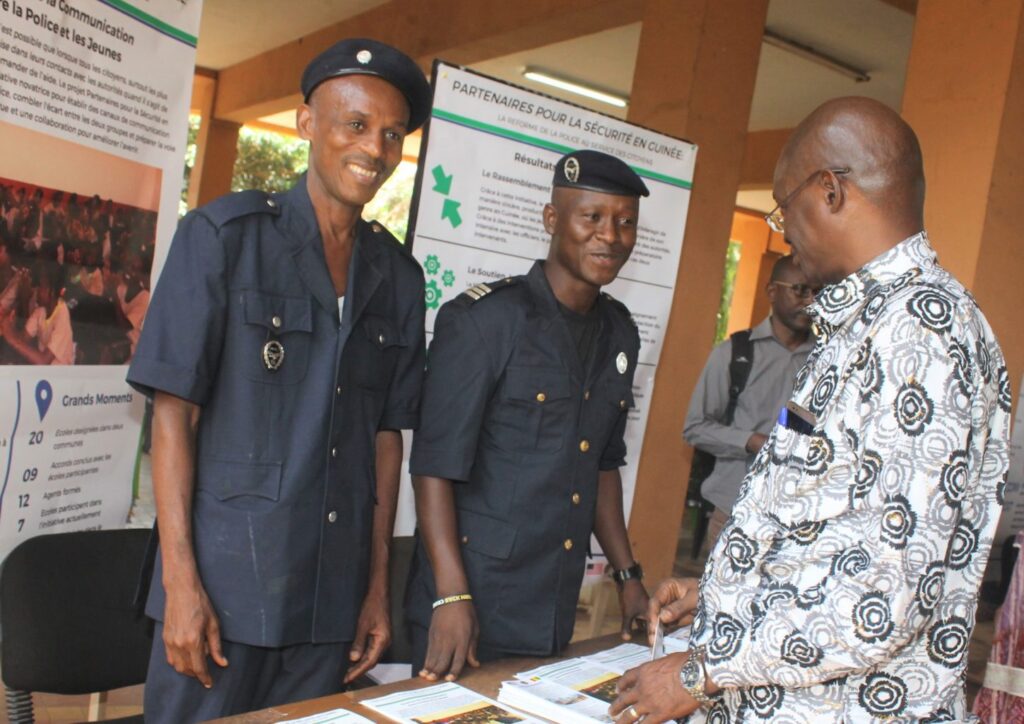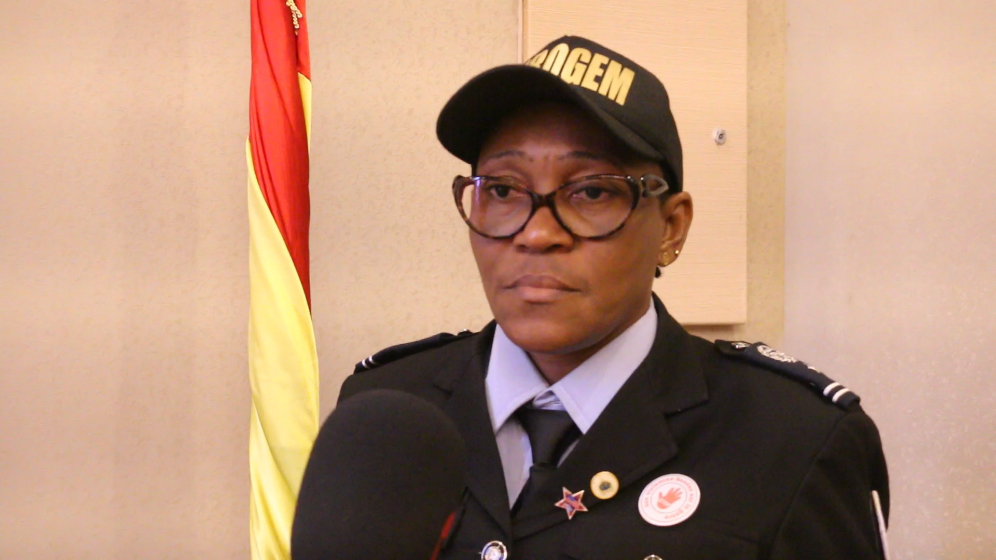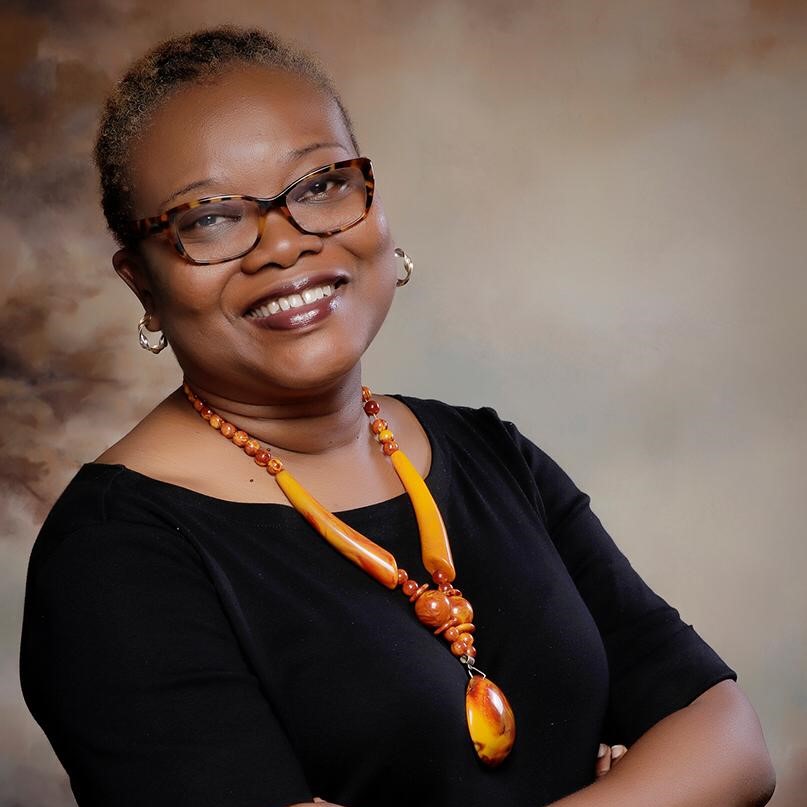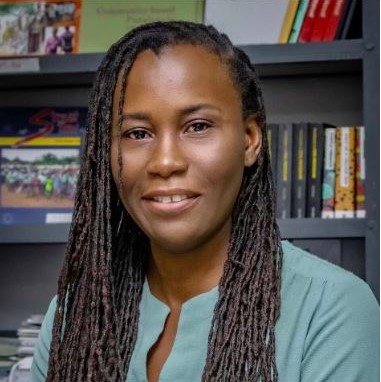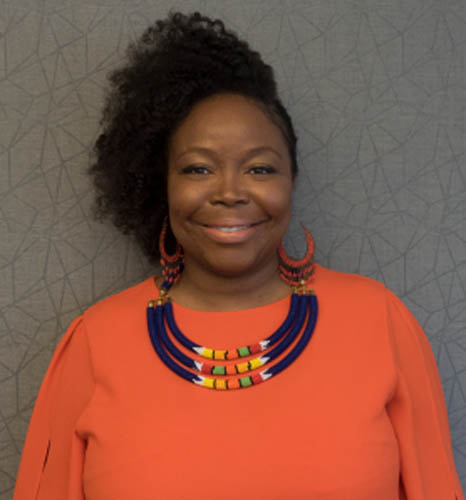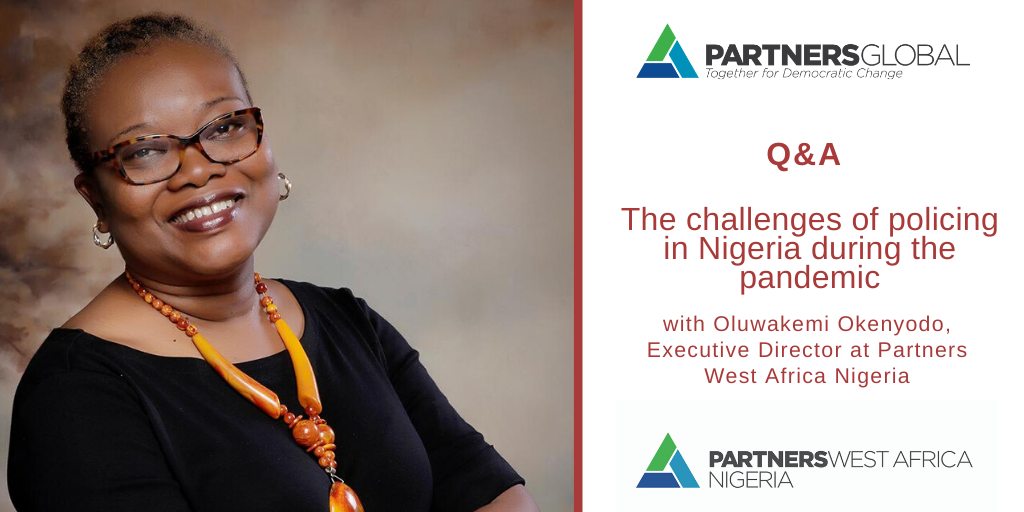April 23, 2021
George Floyd’s life mattered.
After less than a day of jury deliberations, former Minneapolis police officer Derek Chauvin was found guilty of second-degree murder, third-degree murder, and manslaughter in the death of George Floyd last May. For Floyd’s family, their surprise and relief at the verdict was expressed poignantly in his brother Philonise’s words, “Today we are able to breathe again.” Many across the nation glued to televisions and Twitter feeds took a collective breath as we realized that our justice system had finally validated that this Black man’s life mattered — and that a system that allowed a White police officer to kill a Black man by kneeling casually on his neck for 9:29 minutes was indefensible and criminal. Yet however uplifting and validating the verdict, it is worth remembering that many other victims have not yet and may not see justice served.
Just moments before the verdict was announced, police in Columbus, Ohio fatally shot a 16-year-old Black girl, Ma’Khiah Bryant. It is also not lost on us that just last week, less than 10 miles from where Chauvin stood trial, Daunte Wright was shot and killed by police during a routine traffic stop. These lost lives are more tragic reminders of the power disequilibrium that systemic racism produces across our nation. Indeed, many police practices reinforce the narrative that Black and Brown lives are threats to society that must be remanded, contained, or even brutalized. This dehumanization wrought by white supremacy in the US places BIPOC at the bottom of a racial hierarchy, where systemic violence perpetuates human rights violations upon communities of color. From mass incarceration to the militarization of police forces that disproportionately target Black and Brown people, these communities have been left at the mercy of the state, and their fury becomes their voice.
The civil resistance in America today is the result of hundreds of years of pain, anger, and fear – and it is our duty to ensure that the Chauvin verdict is a step toward healing the communal trauma of centuries of institutional oppression. The powerful, Black-led movement that organized the largest and most persistent demonstrations in US history is a reminder of how positive social change in this country happens. We must push our lawmakers to uphold this outcome through a wholesale redesign of our criminal justice system and accountability mechanisms.
Much work and healing remain as we continue to organize and advocate for equitable justice and accountability. We can already see the ramping up of a dangerous counter-narrative from those who portray the verdict as “mob justice” – suggesting that jurors were persuaded not by testimony and evidence but by fear of the potential consequences of a not–guilty verdict – and discussion of passing laws that could target protestors. This is where organizations focused on peacebuilding and democratic reform must demonstrate resolve, vigilance, and leadership. We must amplify messages of social transformation, accountable justice, and healing through a collaborative approach that unifies our voices and networks to truly effect changes in the system that center human life and dignity.
It can seem overwhelming to know where to begin to constructively change an oppressive, abusive system. As peacebuilders, we at PartnersGlobal know that rebuilding trust is one of the cornerstones to any long-term criminal justice reform. Our organization is committed to advocating for change by first acknowledging the collective and personal trauma that our staff is experiencing and allowing ourselves as a team the time to grieve. We also acknowledge that this trauma is felt differently by our Black and Brown colleagues who experience levels of violence and historical marginalization very differently than those with lighter skin. While we know our individual experiences with injustice vary, we believe strongly that we each have a role to play in ensuring that reforms and social transformation will be legitimate, inclusive, and lasting. The Chauvin trial resulted in a guilty verdict because average citizens of all ages, colors, and races took risks to film, speak, organize, and shout about a repugnant murder by law enforcement of a citizen on a calm street in Minneapolis on a typical summer afternoon – and because a jury of peers did its civic duty to hear evidence from all sides and render a just decision that upheld the laws of the state and the principles of our country.
PartnersGlobal will make every effort to uplift and assist our peer organizations working on the front lines of racial injustice and social reform in the United States, offering support to these groups to stay resilient in this long struggle. We recognize that expressing solidarity with the Black Lives Matter movement and others working to end the dehumanization of people of color is not enough. Yet it represents a critical start for collaborative advocacy and restorative justice. As we call for police to end the use of illegal force and brutality—beatings, racial abuse, unlawful killings, torture, or indiscriminate use of riot control agents —we know that the verdict doesn’t equate to the greater justice we need without systemic change. And we recognize that it will take many different groups and constituencies – activists, community leaders, policymakers, and police themselves – to achieve these kinds of structural reforms.
We encourage our extended Partners family to join us in supporting the struggle for Black lives whether by donating money, attending protests, amplifying Black voices online, or being willing to have difficult conversations about race and racism in the US.
We honor the memories and legacies of those killed by police. To read their stories, visit:


